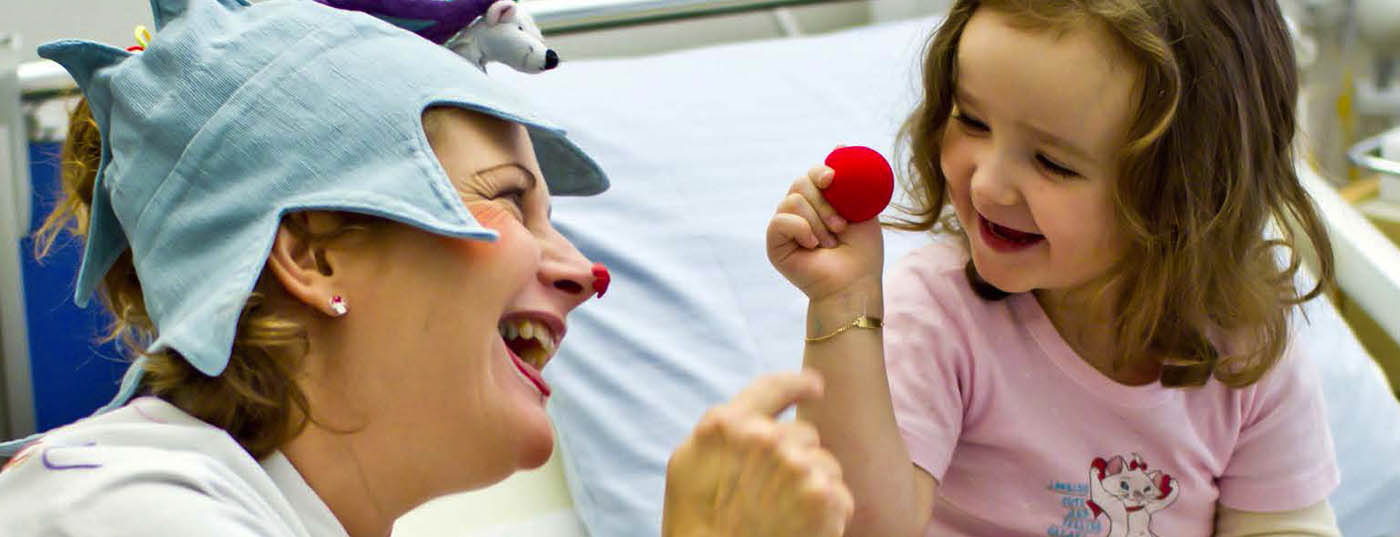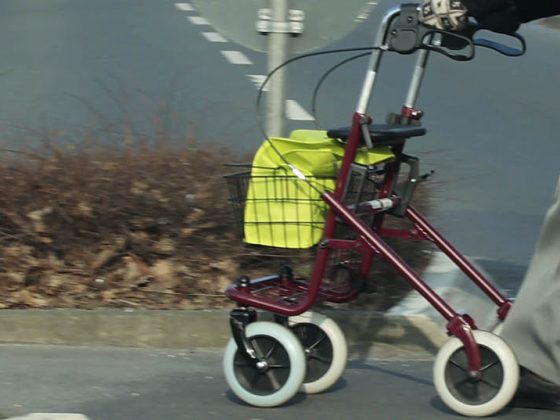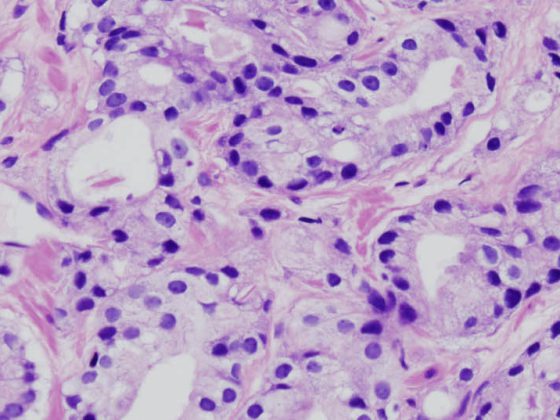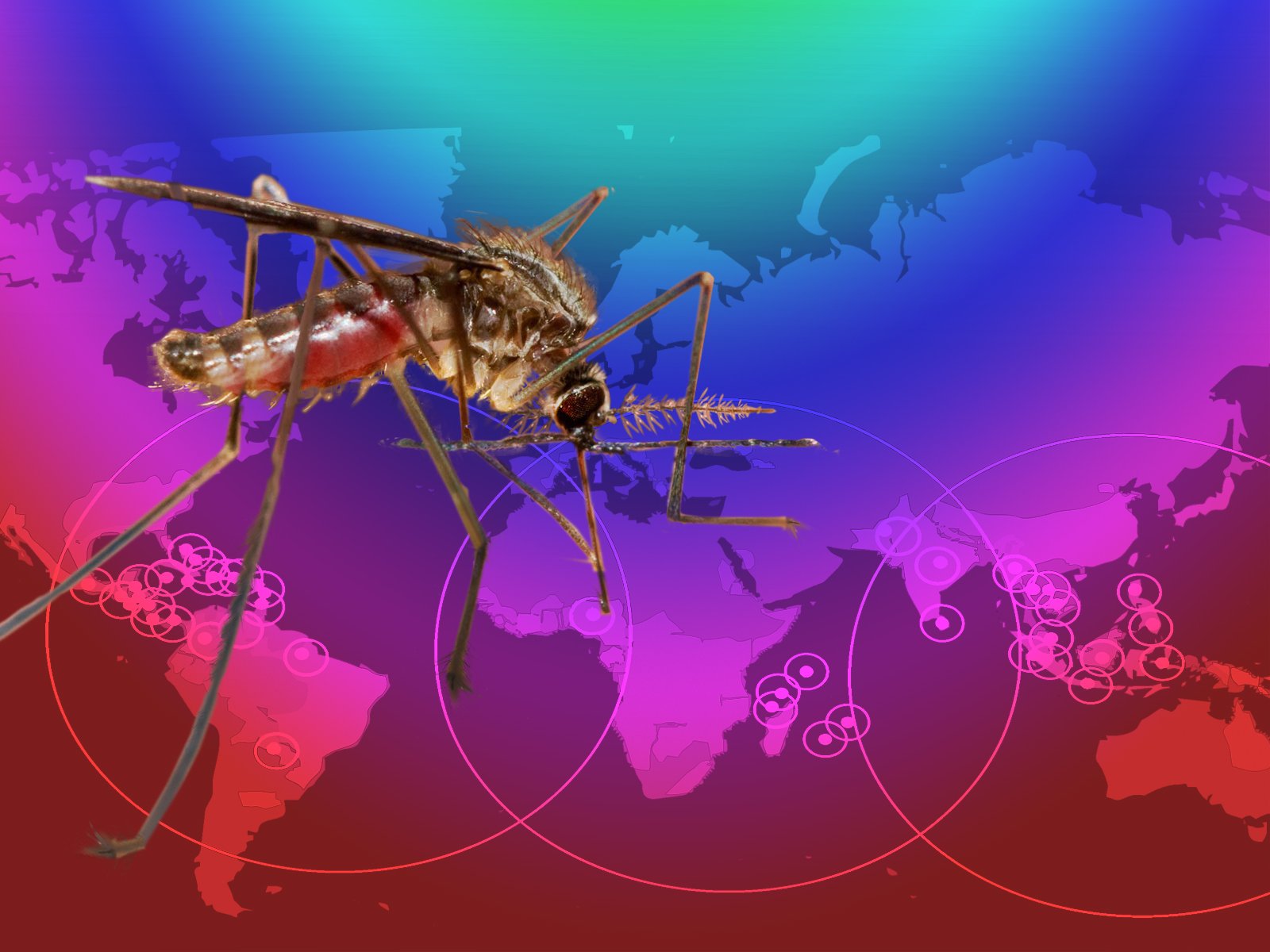That medicine and art are very close to each other is an old wisdom. It is not for nothing that one speaks of “healing art”. Conversely, the comforting effect of music is well known and it can also be used in other contexts in a medically targeted manner. The same applies to humor, which can have an equally positive influence on the healing process.
Music is something very personal and can trigger strong emotions. Joy and goosebumps can be predictable reactions when we hear a favorite tune – such processes are hard-wired into our brains. Conversely, these sensations may be absent during a life-changing event. Neuroscientifically, music memory appears to be a distinct cognitive region [1]: Functional MRI has shown that some brain regions are activated differently during sad, boring, or happy music. Music memory remains intact for a surprisingly long time in organic diseases of the brain. Even in advanced Alzheimer’s disease, emotional responses triggered by familiar music can persist for a long time, even when language and the patient’s emotional state would no longer suggest it. Perception of music seems to be the last function to be lost in advanced dementia. Conversely, music can be a very powerful stimulus. In the U.S., for example, the Music and Memory Organization was founded with the goal of providing elderly patients with dementia with an iPod containing their favorite music.
Music for healing
Music has always had a special position in the history of mankind, not only as a form of art, but also as a healing medium [2]. Corresponding indications can already be found from prehistoric times. Aesculap, Plato, or Aristotle used the effect of music in their medical work. It was assumed that the healing effect of music on the psyche also heals the body and even developed specific music applications for various diseases. In 1914, Evan O’Neil Kane wrote in JAMA that patients tolerated the induction of anesthesia better under the influence of music and were less anxious before undergoing the “horror of surgery” [3]. Music also has measurable positive effects on patients in intensive care units (reduction of stress hormones) [4]. And it’s not just listening that helps: actively making music is just as healing [5].
He who laughs, feels better
Humor has a positive effect on the healing process. It is a “happy drug” that costs nothing, is legal, is not fattening or addictive, and has no serious side effects other than stomach aches, wet eyes, and shortness of breath.
Gelotology is the science that deals with the effects of laughter. The Association for Applied and Therapeutic Humor, founded in 1988, defines therapeutic humor as “any intervention that promotes health and well-being by stimulating playful discovery, expression, or recognition of the absurdity or cover disparity of life situations” [6].
Laughter in the hospital, like music, can not only activate healing processes, but also create a positive mood and an atmosphere of warmth. Hospital clowns are now used not only in children’s hospitals but also in dialysis, palliative, oncology, burn and emergency wards [7].
The purpose of these outreaches is to help patients, family members and caregivers develop a positive attitude toward coping with stress and grief. It goes without saying that such work can only be carried out in close cooperation and consultation with the caregivers and only by specially trained, highly professional clowns. It’s not just about being funny: Storytelling, music and songs help stimulate patients’ cognitive functions. Prior to the patient visit, the clown sits down with the caring staff and family members to obtain information about the patient’s psychosocial and medical condition. If it is possible to actively involve the patient in the whole, a therapeutic consequence can in turn be drawn from the performance in a postbriefing if necessary [8].

Literature:
- Pinho AL, et al: Connecting to create: expertise in musical improvisation is associated with increased functional connectivity between premotor and prefrontal areas. J Neurosci 2014; 34: 6156-6163.
- Conrad C: The art of medicine: Music, medicine, and embodiment. The Lancet 1981; 886-887.
- Kane E: The phonograph in the operating room. JAMA 1914; 62: 1829-1830.
- Nelson A, et al: The role of music in hypermetabolism. Clin Nutr Metab Care 2008; 11: 790-794.
- Hillecke T, Nickel A, Bolay HV: Scientific Perspectives on Music Therapy. Ann N Y Acad Sci 2005; 1060: 271-282.
- Spitzer P: Hospital clowns – modern-day court jesters at work. The Lancet 2006; 34-35.
- Warren B, Spitzer P: The art of medicine: Laughing to longevity – the work of elder clowns. The Lancet 2011; 378: 562-563.
- Warren B: Healing laughter: the role and benefits of clown-doctors working in hospitals and healthcare, in Warren B (ed.): Using the creative arts in healthcare and therapy. London and New York: Routledge 2008; 213-228.
HAUSARZT PRAXIS 2014; 9(12): 10











